News
Department of Environmental & Occupational Health
-
/chwe-newsroom/20161108_130300.jpg?sfvrsn=4f4ed6ba_0)
Denver Health physician finds her clinical identity in occupational medicineOpens in a new window
Oct 7, 2021Alisa Koval MD, MPH, was on the straight and narrow path as far as medicine is concerned. She ended up finding her clinical identity and passion in helping workers through occupational medicine.Opens in a new window Full story -
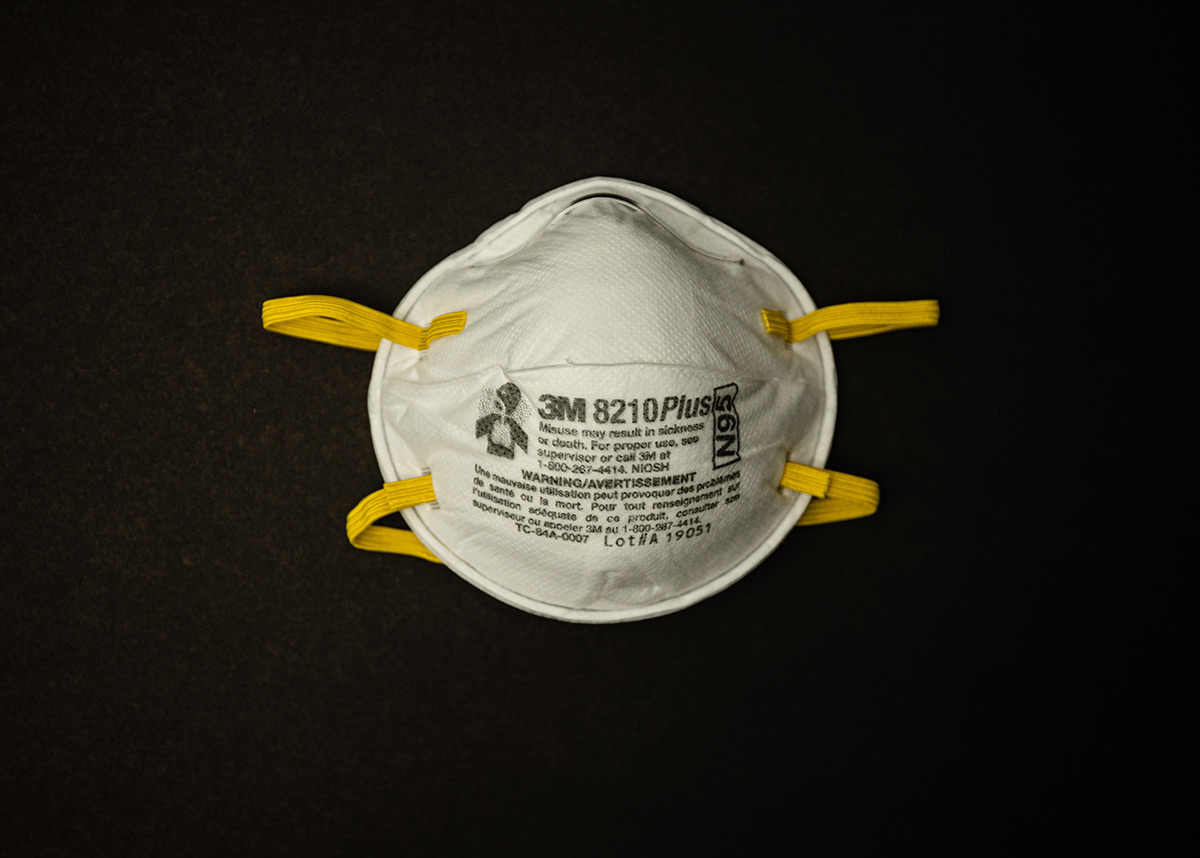
N95 respirators could reduce hospitalizations from wildfire smoke: studyOpens in a new window
Sep 30, 2021A study published in GeoHealth, led by ColoradoSPH and CSU researchers, found that N95 respirators can help protect against wildfire smoke and related health risks.Opens in a new window Full story -
/chwe-newsroom/working-masked-web-version.jpeg?sfvrsn=7c2cbba_0)
Making safe business decisions this fall
Sep 28, 2021How do we navigate decision-making around COVID-19 as we proceed with work gatherings, events, and travel? Lili Tenney weighs in on what workplace managers and leaders should be doing to protect their employees from the COVID-19 delta variant. Read our article for public health advice you can understand and trust.Full story -

ColoradoSPH epidemiologists advise WHO on air quality guidelines
Sep 22, 2021ColoradoSPH epidemiologists Dean Jonathan Samet and David Rojas helped develop the latest WHO Global Air Quality Guidelines, providing recommendations that will protect health and save lives.Full story -
/rawpixel-989812-unsplash(1).jpg?sfvrsn=3e99ccb9_4)
Center for Health, Work & Environment receives award to continue National Center of Excellence for Total Worker Health®
Sep 22, 2021CHWE first received designation as a CDC/NIOSH Center of Excellence in 2016. With this renewal, it will be one of 10 centers nationwide. The Centers of Excellence represent the extramural portfolio of TWH research to further its mission of protecting and advancing the safety, health, and well-being of the diverse population of workers in our nation.Full story -
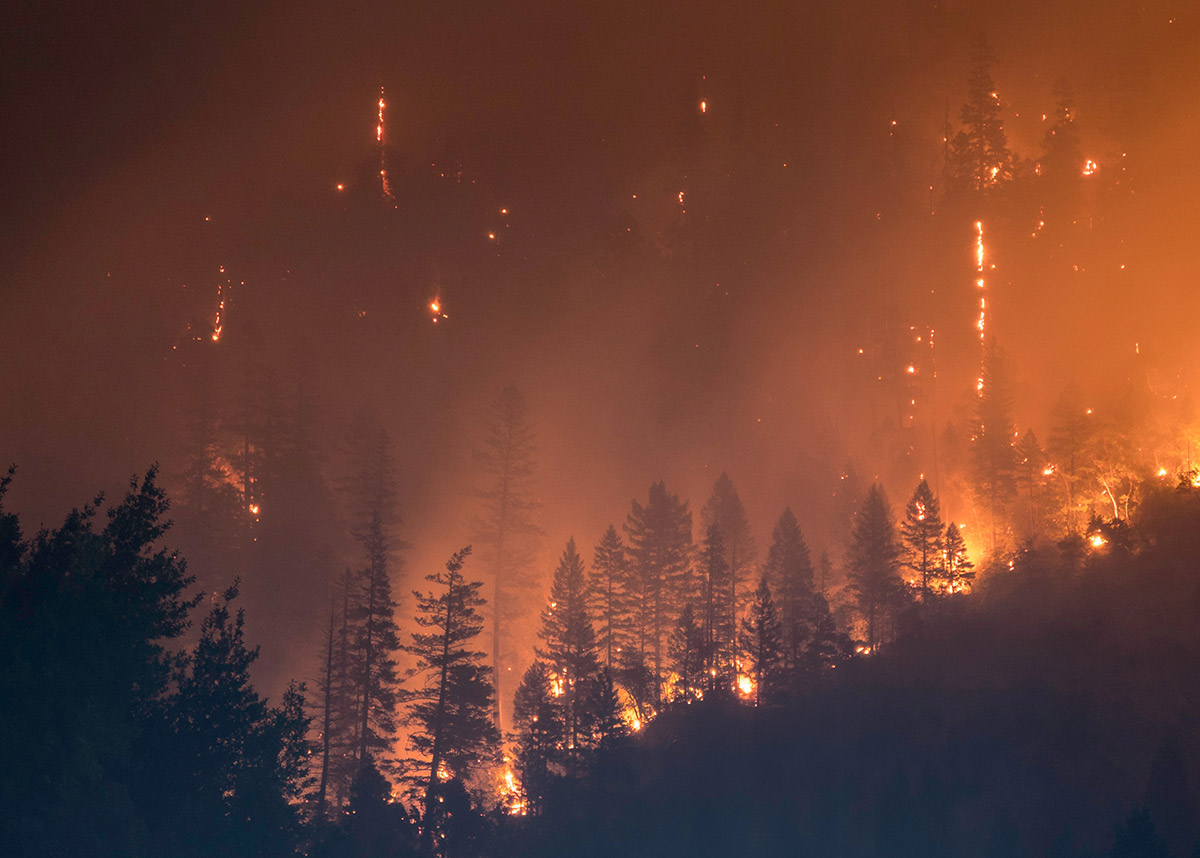
Climate change fuels multiple threats to society’s health
Sep 10, 2021As the world warms, energizing natural disasters, the changing ecosystems affect human health in a variety of ways. University of Colorado and ColoradoSPH experts dissect some of the health issues climate change creates.Full story -
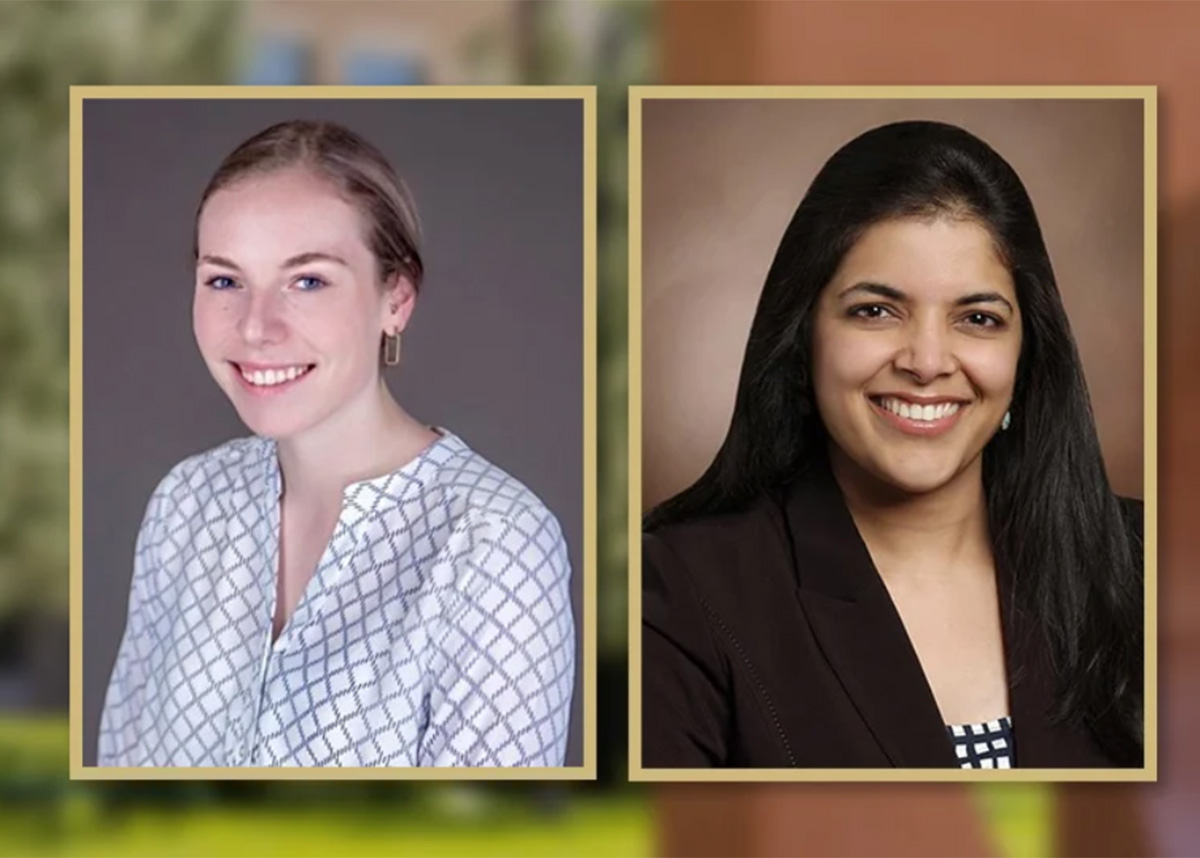
Lymphoma expert, doctoral student find gender bias upends work-life balance
Sep 8, 2021In recognition of the American Medical Association (AMA) Women in Medicine Month, we are highlighting Olivia Zarella, MPH, DrPH student, and Manali Kamdar, MD, clinical director of lymphoma services at the CU Cancer Center.Full story -

New Colorado program helps employers in fields from construction to education address workers’ mental healthOpens in a new window
Sep 5, 2021In an article in the Denver Post, Liliana Tenney, associate director for outreach at the Center for Health, Work & Environment, explains, "there’s science that shows that employers who support mental wellbeing can improve job satisfaction, retention and recruit high talent."Opens in a new window Full story -
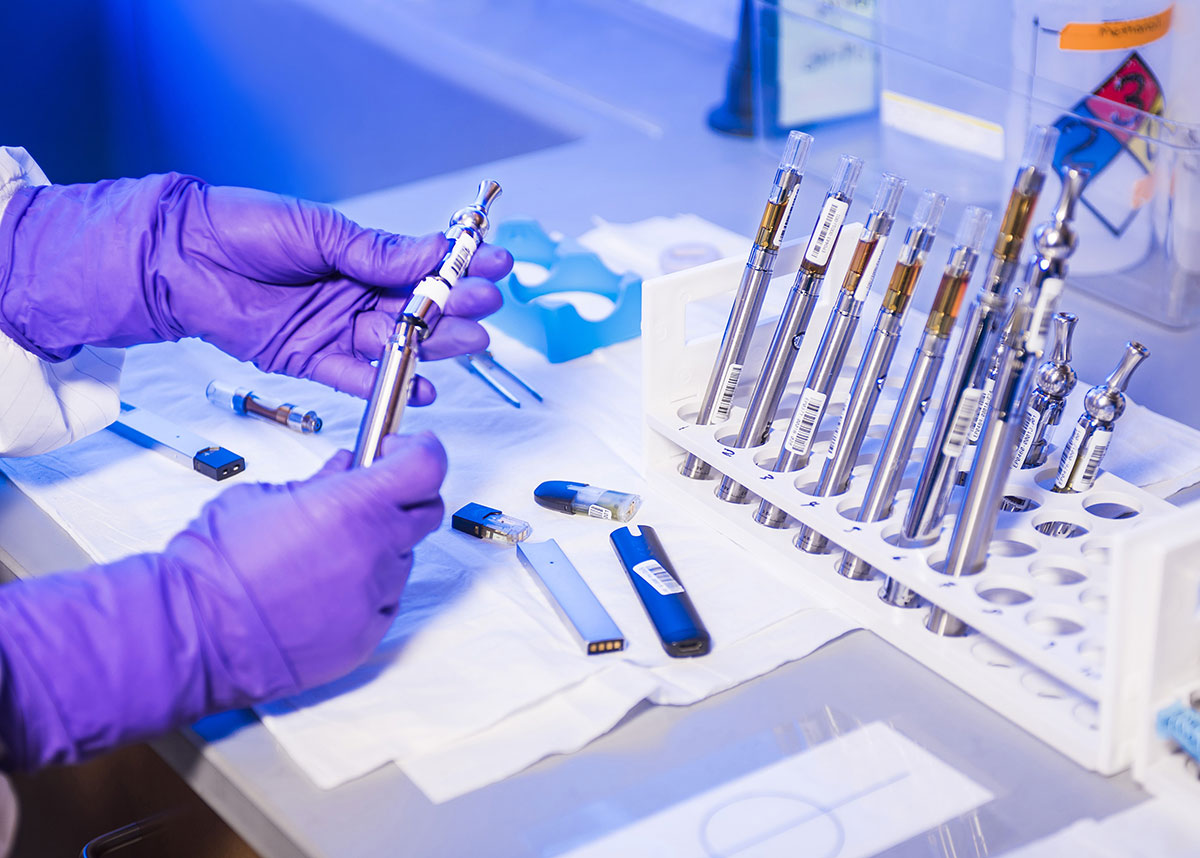
E-cigarettes and harm reduction: An artificial controversy instead of evidence and a well-framed decision contextOpens in a new window
Aug 26, 2021Dr. Samet, ColoradoSPH dean, and Dr. Barrington-Trimis, assistant professor at UCS's Keck School of Medicine, argue that promoting e-cigarettes as a harm reduction tool for smokers is not the best approach. They raise concerns that these policies underestimate the risks to youth and lack scientific evidence.Opens in a new window Full story -
/chwe-newsroom/m-1.jpg?sfvrsn=985dc3ba_0)
Alumni Spotlight: Mwangi NdongaOpens in a new window
Aug 23, 2021Our center stands on three pillars: Research, Education, and Practice. One of the many ways we strive to protect workers is by educating and training future leaders in occupational health and safety. To kick off our Alumni Spotlight series highlighting our graduated trainees, we interviewed Mwangi Ndonga, an industrial hygiene graduate working as the Senior Health and Safety Hygienist at Ball Corporation in Broomfield, CO.Opens in a new window Full story -
/chwe-newsroom/img_20180108_172008.jpg?sfvrsn=e7a2c2ba_0)
Sugarcane workweek study: Risk factors for daily changes in creatinine
Aug 18, 2021Researchers from the Center for Health, Work & Environment have published a paper in Kidney International Reports studying the daily changes in creatinine among sugarcane workers in Guatemala. The study examined the effects of repeated kidney stress from the simultaneous strain of work and other factors experienced by workers during a typical workweek.Full story -
/chwe-newsroom/20180112_172703.jpg?sfvrsn=b0a5c0ba_0)
New initiative at University of Colorado connects climate, work, and healthOpens in a new window
Aug 9, 2021There is no denying it—climate change is bringing the heat. If you are one of the many workers in the U.S. or around the world who work outdoors, extreme heat is not just uncomfortable; it can pose a significant risk to your health. For researchers at the Center for Health, Work and Environment at the Colorado School of Public Health, the connection between climate, work, and health is hitting especially close to home.Opens in a new window Full story -

ColoradoSPH Dean selected for EPA's Science Advisory Board
Aug 3, 2021On August 2, EPA Administrator Michael S. Regan announced his selections for membership of the Science Advisory Board. Among those selected is Dr. Jonathan Samet, dean and professor of epidemiology, and environmental and occupational health for ColoradoSPH.Full story -
/chwe-newsroom/img_89221eb89de6302864d9a5bfff0a001ce385.jpg?sfvrsn=d190f9ba_0)
Viking helmets and radioactive rhinos. Health Physicist Tom Johnson keeps things interesting.
Jul 22, 2021There is a box full of hats in the corner of Tom Johnson's office. There is a shimmering yellow fish, a horned Viking helmet, a foam moose head with antlers, a giant taco, and many more.Full story -
/chwe-newsroom/brands-people-zdqsuxl3lak-unsplash-copy.jpg?sfvrsn=ed91ffba_0)
The Center for Health, Work & Environment recognizes key partners in its second annual recognition eventOpens in a new window
Jul 16, 2021On July 2, the Center for Health, Work & Environment hosted its second annual partner awards ceremony to honor the commitment and achievements of some of its key partners.Opens in a new window Full story -
/chwe-newsroom/adobestock_289599213-copy.jpg?sfvrsn=7e49ffba_0)
OSHA regional managers taking workplace mental health seriously
Jul 15, 202134 regional managers from Region VIII of the US Department of Labor’s Office of Occupational Safety and Health Administration (OSHA) participated in a workplace mental health training. Learn what staff and faculty from the Center for Health, Work & Environment and the Department of Family Medicine at the Colorado School of Medicine had to say to them.Full story -
/chwe-newsroom/adobestock_332175808.jpeg?sfvrsn=9146fdba_0)
8 trends for the future of workOpens in a new window
Jul 7, 2021The Center for Health, Work & Environment wants to make sure small businesses are not left out of the conversation when it comes to return to work. The Center invited John Dony, senior director of Thought Leadership from the National Safety Council (NSC), to speak to small employers specifically about returning to work after COVID-19.Opens in a new window Full story -
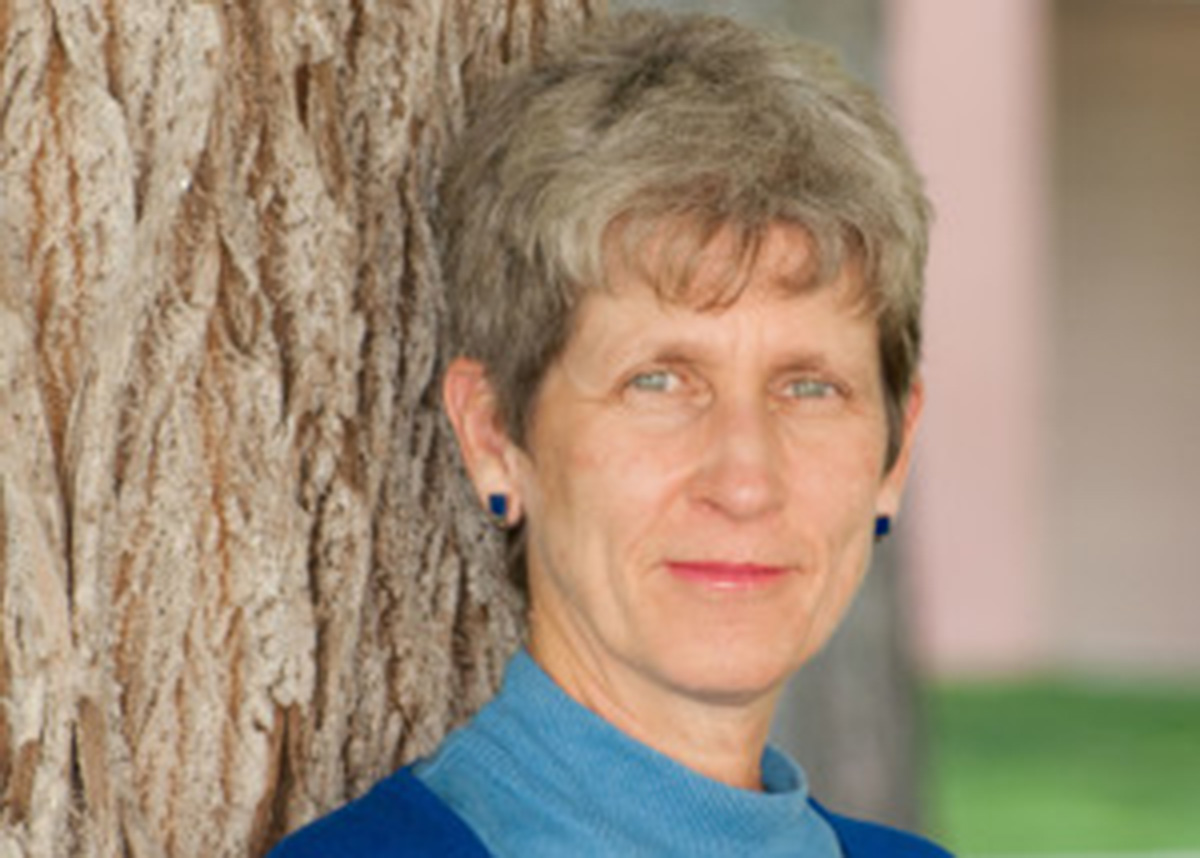
American Cancer Society 4-year grant funds deeper look at risk factors associated with oil and gas development, and childhood leukemia
Jun 25, 2021Study results from a new ACS grant could positively impact the prevention and control of childhood leukemia related to early-life exposure to environmental risks associated with oil and natural gas development.Full story -
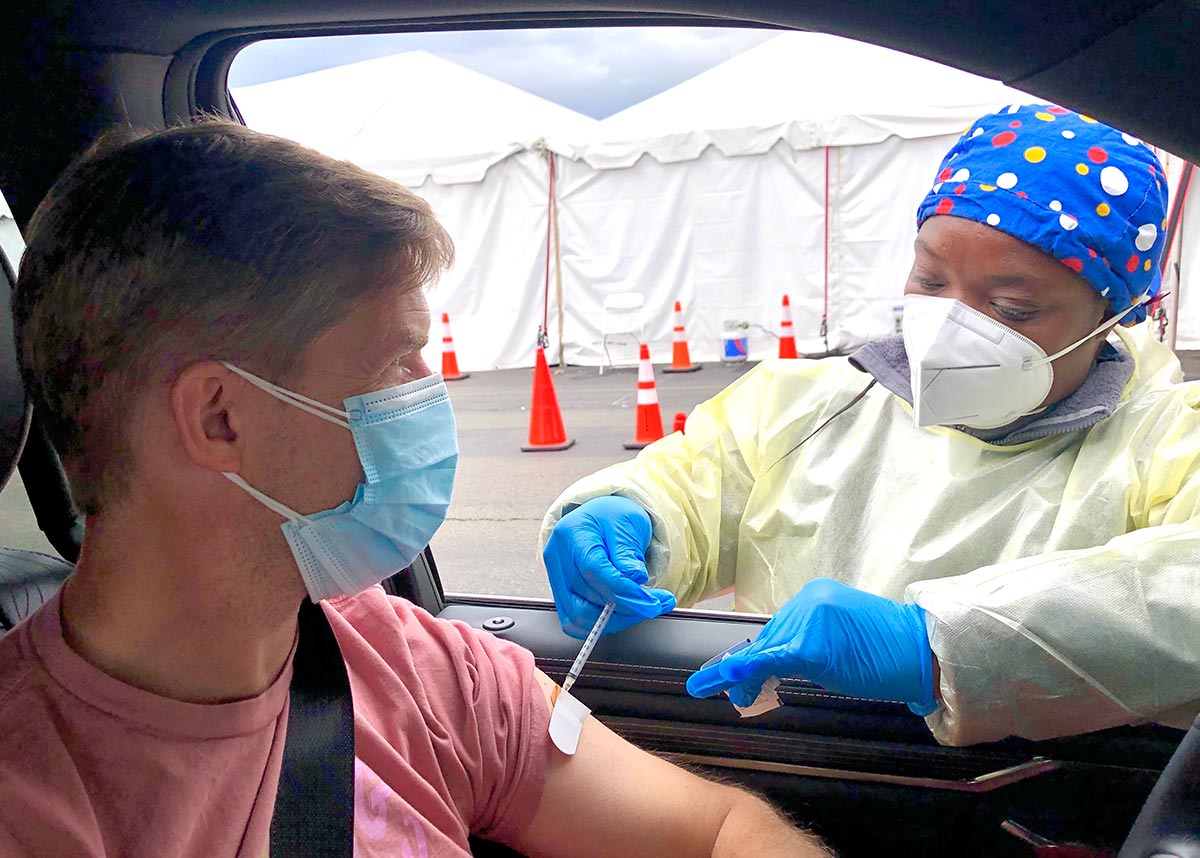
Unvaccinated Coloradans “more vulnerable” as COVID delta variant keeps spreadingOpens in a new window
Jun 22, 2021The COVID-19 delta variant “could cause significant amounts of avoidable sickness and death,” explains Dr. Elizabeth Carlton, ColoradoSPH associate professor of environmental and occupational health.Opens in a new window Full story -
/chwe-newsroom/adobestock_248982109.jpeg?sfvrsn=5447f1ba_0)
Profiles of Total Worker Health® in small businesses show commitment and leadership matter for employee engagement
Jun 18, 2021Researchers from the Center for Health, Work & Environment have published a paper in BMC Public Health studying the profiles of Total Worker Health (TWH) in small businesses. The study, led by a team at CHWE, is one of the first to examine how small businesses operationalize the TWH approach through a business strategy and leadership commitment as well as how organizational climate supports its daily use.Full story


